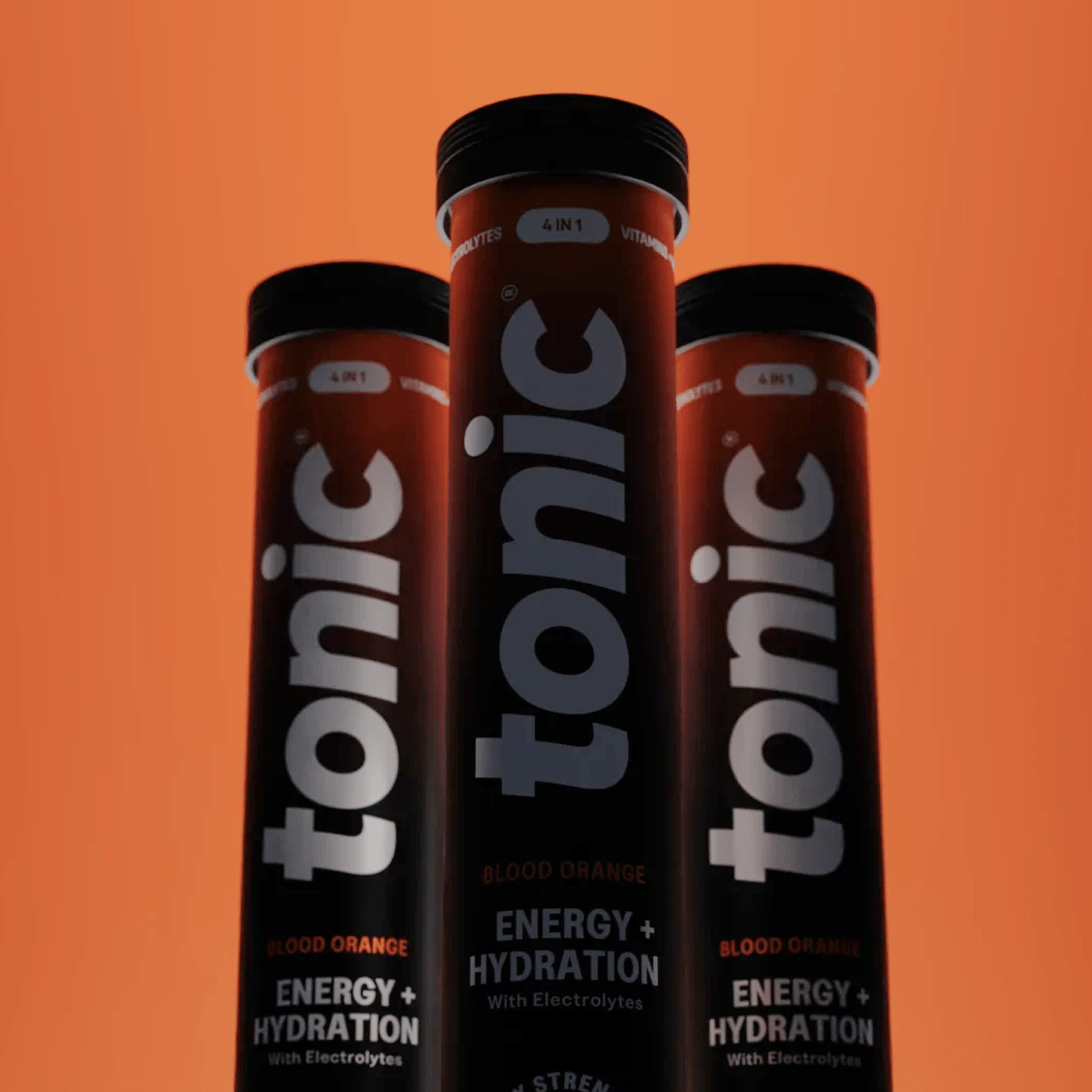Plant-based meat alternatives have gained significant popularity in recent years due to various reasons, including health concerns, environmental impact, and animal welfare. These products are designed to mimic the taste, texture, and appearance of conventional meat using plant-based ingredients.
What's a Meat Alternative?
Meat alternatives are foods that are made from plants, designed to taste and have the same texture as meat. They are often made from soy, wheat gluten, or pea protein, and come in a variety of forms, such as burgers, sausages, and nuggets. But we can now find products ranging from plant-based bacon, to no chicken escalope's, veggie mince and even cold cut options such as Quorn’s vegan ham and chicken slices.
Plant Based & Whole Foods
There are some downsides and considerations to keep in mind. While plant-based meats can offer a healthier alternative to some traditional meats, they are still a highly processed food and should be consumed in moderation. Unlike whole foods like vegetables, plant-based meat products contain a bunch of added ingredients. You’re likely to find extra sodium, saturated fat, and other additives to enhance flavour and texture this means some products contain up to 20 ingredients, that’s crazy 🤯
Regarding the highly processed nature of plant-based meats, it is true that some products undergo extensive processing to create the desired meat-like texture. This processing can involve extrusion, heating, cooling, and the addition of various ingredients. Highly processed foods, regardless of being plant-based or not, may have lower nutritional value and often contain additives or preservatives. As with any processed food, it's important to choose plant-based meat alternatives that have minimal processing and are made from whole food ingredients whenever possible.
The NOVA system classifies foods into four categories based on their processing, check it out below:
- Unprocessed or Minimally Processed Foods: These are foods that have not undergone any significant processing and are consumed in their natural state or with minimal alterations. Examples include fresh fruits, vegetables, nuts, seeds, and grains.
- Processed Culinary Ingredients: This category includes foods that are minimally processed but used to prepare or cook other dishes. Examples include oils, butter, sugar, salt, and vinegar.
- Processed Foods: Foods in this category have undergone some form of processing, often to extend their shelf life, enhance taste, or improve convenience. Examples include canned vegetables, fruits in syrup, and freshly made bread.
- Ultra-Processed Foods: This category includes foods that have undergone extensive processing and contain numerous additives and artificial substances. They often contain little to no whole foods and are typically high in salt, sugar, unhealthy fats, and preservatives. Examples include sugary cereals, packaged snacks, frozen dinners, and many fast-food items.
The NOVA classification system is helpful in understanding the impact of food processing on nutritional value, health, and dietary patterns. Research has shown that a diet high in ultra-processed foods is associated with an increased risk of obesity, heart disease, and other chronic health conditions. On the other hand, diets rich in unprocessed or minimally processed foods tend to be more nutritious and beneficial for overall health.
With the above in mind, here are some examples of the best plant-based whole foods along with their benefits:
- Spinach is a nutrient powerhouse, rich in vitamins A, C, K, and folate. It also contains minerals like iron and calcium, as well as antioxidants that help protect cells from damage. The high fibre content supports digestive health and aids in weight management.
- Quinoa is a complete protein source, containing all nine essential amino acids. It is also gluten-free and high in fibre, making it a great option for vegans and individuals with gluten sensitivity. Quinoa is rich in vitamins and minerals, such as magnesium, phosphorus, and folate.
- Avocados are a great source of healthy monounsaturated fats, which support heart health and aid in nutrient absorption. They are rich in potassium, vitamin K, vitamin C, vitamin E, and B vitamins. Avocados also provide dietary fibre and antioxidants that contribute to overall well-being.
- Lentils are an excellent source of plant-based protein, fibre, and complex carbohydrates. They are low in fat and rich in essential minerals such as iron, potassium, and folate. Lentils have a low glycemic index, which helps regulate blood sugar levels.
- Sweet potatoes are packed with beta-carotene, a powerful antioxidant that converts into vitamin A in the body. They are a good source of fibre, vitamins C and B6, potassium, and manganese. Their slow-release carbohydrates provide sustained energy.
- Almonds are a nutritious nut, rich in healthy fats, protein, and fibre. They are a good source of vitamin E, magnesium, and calcium, contributing to bone health and heart health. Almonds also contain antioxidants that protect against oxidative stress.
- Chia seeds are high in omega-3 fatty acids, which support heart health and brain function. They are also rich in fibre, protein, calcium, and magnesium. When soaked in liquid, chia seeds form a gel-like consistency, making them a great addition to smoothies, puddings, or oatmeal.
- Blueberries are a superfood known for their high antioxidant content. They are rich in vitamins C and K and provide dietary fibre for digestive health. Blueberries have been linked to improved cognitive function and may help reduce the risk of chronic diseases.
- Broccoli is a cruciferous vegetable packed with vitamins C, K, and A, as well as folate and fibre. It contains phytonutrients with anti-inflammatory and cancer-fighting properties. Broccoli is a versatile vegetable that can be enjoyed raw, steamed, roasted, or stir-fried.
- Chickpeas (Garbanzo Beans) are an excellent source of plant-based protein, fibre, and complex carbohydrates. They are rich in folate, iron, potassium, and magnesium. Chickpeas are beneficial for digestive health and may help stabilise blood sugar levels.







Leave a comment
All comments are moderated before being published.
This site is protected by hCaptcha and the hCaptcha Privacy Policy and Terms of Service apply.